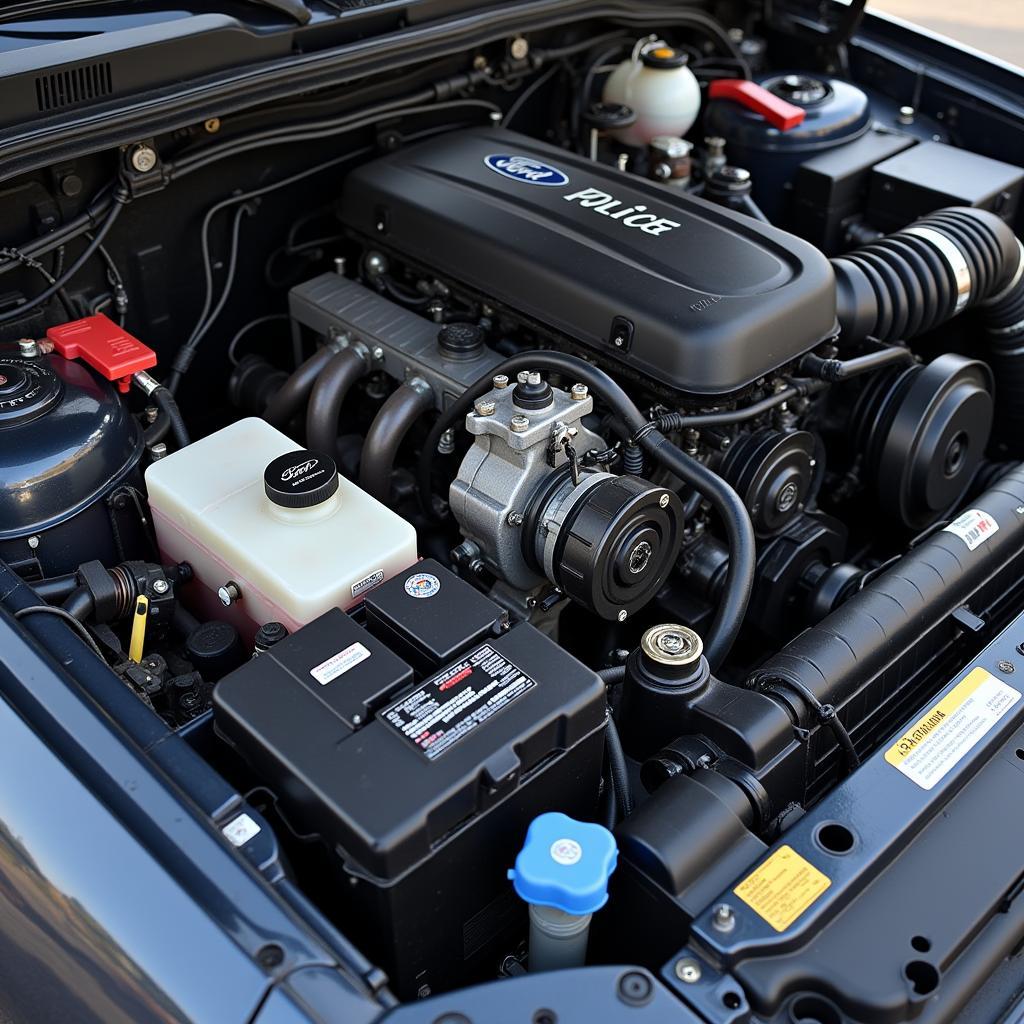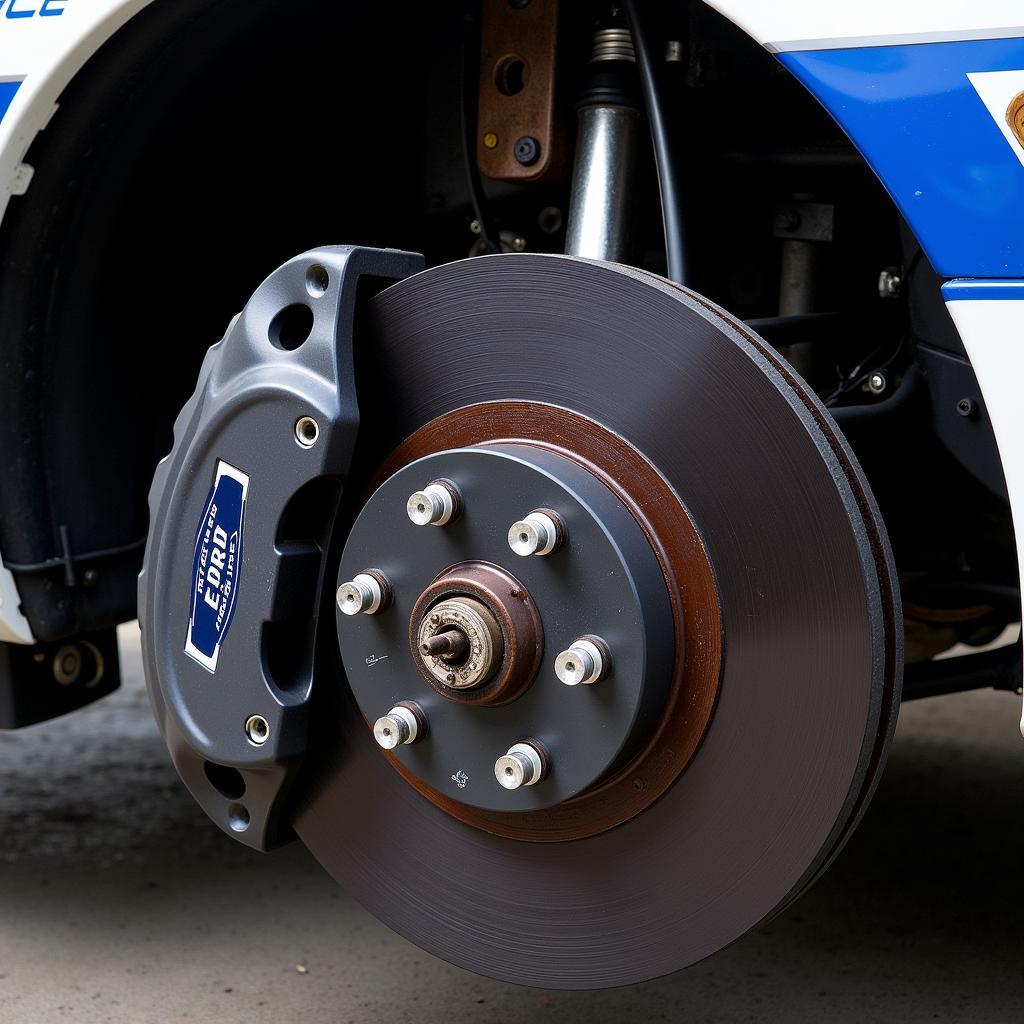Common Ford Police Car Problems and How to Address Them
Ford police cars are known for their durability, reliability, and performance, but even these vehicles can encounter problems. This comprehensive guide will help you understand common Ford police car issues, provide troubleshooting tips, and guide you towards effective solutions.
Common Ford Police Car Problems
Ford police cars, like any other vehicles, face a variety of issues over time. However, certain problems are more prevalent than others, and understanding them can help you proactively address potential concerns.
Engine Problems
1. Engine Overheating: This is a common issue in Ford police cars, especially those with high mileage or those subjected to heavy duty cycles. Factors contributing to overheating include faulty thermostats, clogged radiators, damaged water pumps, or a lack of coolant.
2. Engine Misfires: Misfires are often caused by faulty spark plugs, ignition coils, or a failing fuel pump. These issues can lead to reduced engine power, rough idling, and increased fuel consumption.
3. Transmission Problems: Police cars experience frequent stop-and-go driving, which can place extra strain on the transmission. Common problems include slipping gears, delayed shifting, and transmission fluid leaks.
 Ford Police Car Engine
Ford Police Car Engine
Electrical Issues
1. Electrical System Malfunctions: These can manifest in various ways, from faulty alternators and batteries to problems with the wiring harness. Symptoms may include flickering lights, dead battery, or electrical components not functioning properly.
2. Airbag System Problems: These can be serious, as they can affect the safety of occupants. Airbag system malfunctions may involve a faulty airbag sensor, a blown fuse, or problems with the airbag control module.
3. Computer Issues: Police cars are equipped with complex computer systems that control various functions. These systems can malfunction, leading to issues with engine performance, transmission, and other vehicle features.
 Ford Police Car Dashboard
Ford Police Car Dashboard
Suspension and Steering Problems
1. Suspension Failures: These can lead to vehicle instability, excessive bouncing, and a rough ride. Common causes include worn-out shock absorbers, worn-out suspension bushings, or damaged suspension components.
2. Steering Problems: Faulty steering systems can make it difficult to control the vehicle. Issues may include loose steering, excessive play in the steering wheel, or a lack of steering responsiveness.
Brakes and Tires
1. Brake Problems: These are a critical safety concern. Common issues include worn-out brake pads or rotors, faulty brake calipers, and brake fluid leaks.
2. Tire Issues: Police cars often experience heavy braking, which can lead to premature tire wear. Other issues include underinflation, punctures, or uneven tire wear.
 Ford Police Car Brake System
Ford Police Car Brake System
Troubleshooting Tips
1. Identify the Symptoms: The first step is to pinpoint the exact problem you are facing. What are the specific symptoms you are experiencing? Are they intermittent or consistent?
2. Consult the Owner’s Manual: Your owner’s manual provides detailed information about your specific Ford police car, including potential problems and troubleshooting steps.
3. Check for Warning Lights: Your vehicle dashboard may have a variety of warning lights. Understanding what each light indicates can help you identify the root cause of the problem.
4. Perform Basic Checks: There are several simple checks you can perform yourself, such as checking the engine coolant level, inspecting the brake fluid level, or checking the tire pressure.
5. Use a Code Reader: A code reader can help you identify trouble codes stored in your vehicle’s computer, providing valuable insights into the problem.
6. Seek Professional Assistance: If you are unable to diagnose or resolve the problem yourself, it is essential to seek professional assistance from a qualified mechanic or an automotive specialist.
Preventative Maintenance for Ford Police Cars
Regular maintenance is crucial for keeping your Ford police car in good condition and minimizing potential problems.
- Oil Changes: Follow the recommended oil change intervals for your specific vehicle model.
- Fluid Checks: Regularly check and top off all fluids, including engine coolant, brake fluid, and transmission fluid.
- Tire Rotation and Inspection: Rotate your tires regularly and check the tire pressure and tread depth.
- Regular Inspections: Schedule regular inspections with a qualified mechanic to identify and address potential issues before they become major problems.
Expert Insight
“Ford police cars are built for durability, but they still require regular maintenance and attention to detail. Neglecting these aspects can lead to more significant problems down the line,” says John Smith, a veteran automotive technician with over 20 years of experience. “It’s essential to be proactive with maintenance to ensure your Ford police car stays in top condition.”
Conclusion
Ford police cars are reliable vehicles, but like any other vehicle, they require regular maintenance and attention to potential issues. By understanding common problems, following troubleshooting tips, and implementing preventative maintenance practices, you can keep your Ford police car running smoothly and safely for years to come.
If you require further assistance or have questions about your Ford police car, please contact Autotippro at +1 (641) 206-8880.
FAQ
-
Q: What are some of the most common problems with Ford police cars?
A: Some of the most common issues include engine overheating, transmission problems, electrical system malfunctions, suspension failures, and brake problems. -
Q: How can I prevent engine overheating in my Ford police car?
A: Ensure your cooling system is properly maintained, including regular coolant checks, thermostat inspections, and radiator cleaning. -
Q: What are some signs of a failing transmission in a Ford police car?
A: Look for slipping gears, delayed shifting, rough shifting, or transmission fluid leaks. -
Q: How can I prevent electrical system malfunctions in my Ford police car?
A: Keep your battery terminals clean, ensure the alternator is functioning properly, and address any frayed or damaged wiring. -
Q: What should I do if I notice a warning light on my Ford police car dashboard?
A: Consult your owner’s manual to understand the meaning of the warning light and seek professional assistance if needed. -
Q: How often should I have my Ford police car inspected by a mechanic?
A: It is recommended to have your vehicle inspected at least once a year or according to the manufacturer’s recommendations.




Leave a Reply